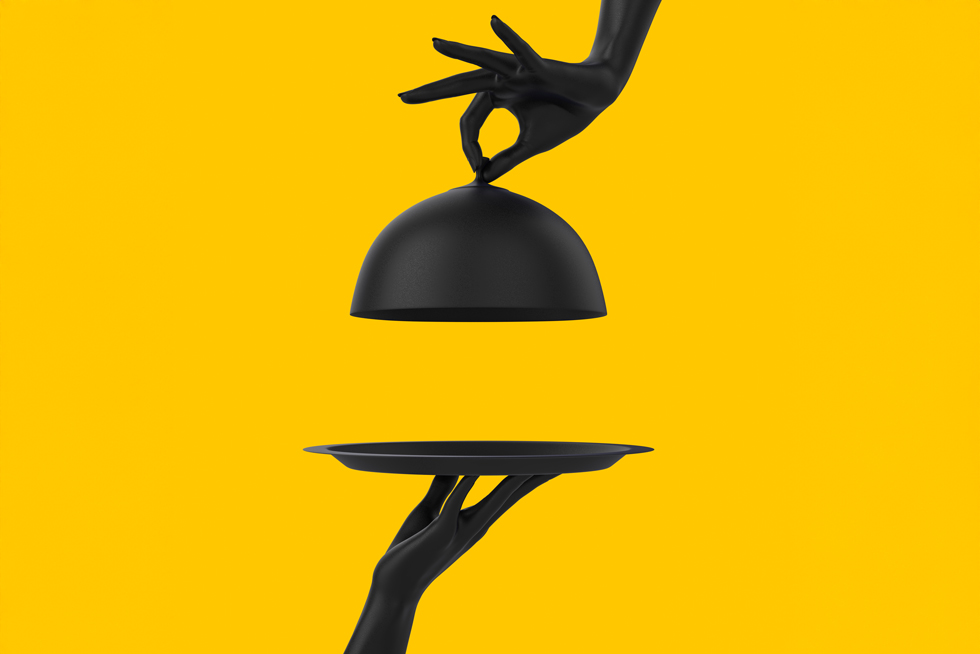What Should I Eat?


Having joined Harpal Clinic in March 2017, it was made clear that in addition to on-going patient care; we also aim to educate our patients, which I have always strongly believed to be fruitful for a healthy lifestyle.
I was asked to write interesting, cultivating material, but this has been hard, as I have been strongly trained to write scientifically, methodically and mathematically.
I have tonnes of issues I would like to share, but this question is raised time and time again by our patients “I have tried everything, what should I eat?”
Even with years of studying and working in the health industry, I have had to sit back and ask myself the same question.
The issue in itself is broad, somewhat, a silly question a clinician should be asking themselves. One would expect this to be a straightforward answer, but it isn’t. Personally, shopping for my weekly food in any London shop for me is like a mental challenge, deciding the shop, trolley or basket, which aisle to start with (even with a shopping list) and what to buy. After jumping that hurdle, the next thing is reading the food labels which I would guess, maybe 3 out of 10 shoppers would know the nutritional definition (without searching Google) and benefits of what they are about to consume.
Commonly, dietary factors have been associated with the cause or prevention of many diseases, including coronary heart disease, hypertension, cancer, birth defects, osteoporosis, and a variety of other chronic diseases. These associations are derived mainly from animal studies, epidemiologic studies on people and basic research concerning potential mechanisms. To simply break this information down to the general public, interpretation is often difficult and most of the times, conflicting. In light of this, what or who should you believe in?
In the age we live in, where there is a surge in Google Diagnostics with a dose of Twitter and Instagram guidance, people will always have a prognosis and diagnosis of their health concerns, what’s causing certain pains and if not in pain, how to get optimal health. Before I forget, despite of the NHS waiting times and your GP refusing to refer you to a Nutritionist/Dietician, stick to you GP’s and/or professional healthcare advisors advice. Put the Apps aside during consultation and respectfully discuss your issue. Yes, there are hundreds of Apps giving us advice on what to eat, but the concern here is, do you trust your source of information and do you trust what you are being told?
I do not condone the use of Google to search, “what am I eating tonight”, but I do worry about the toxicity of the content of some answers we are fed.
Without having to exhaust myself on calorie content, protein, carbs and sugar definitions, I may not have the exact answer but I am a firm believer of “you are what you eat”. I have taken a different approach, ignored the calorie and nutritional content and try to pick more of the fresh unrefined/unprocessed vs. refined/processed foods, consume your own hand-size portions, semi-caveman thinking. Keep it balanced. Simple.
Whilst using social media – think consciously about reliable sources of information.